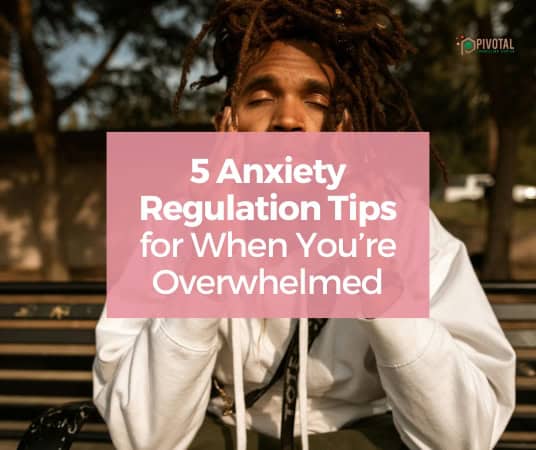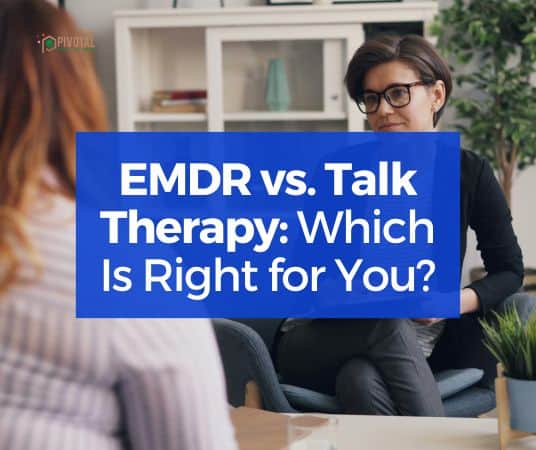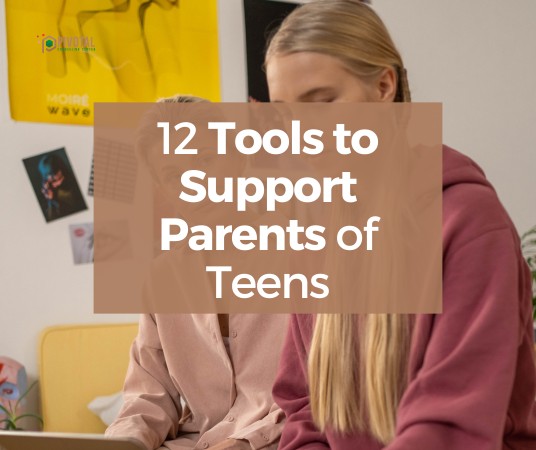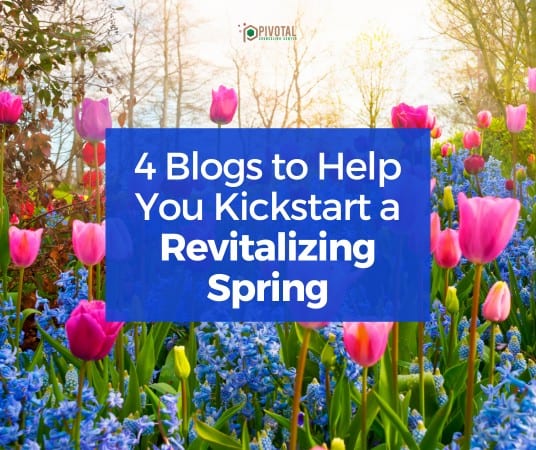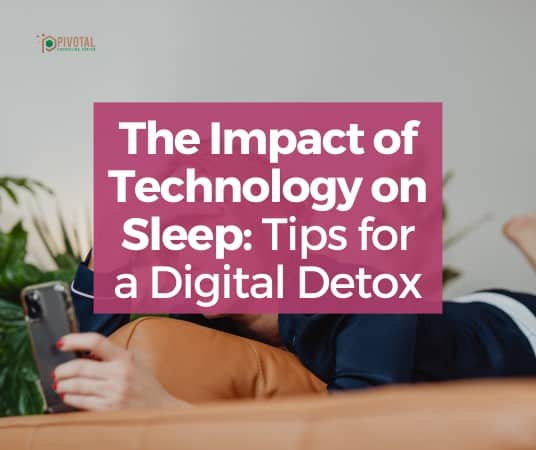
The technology that is now a part of our day to day lives isn’t going anywhere, but it does have an impact on us. Screens are everywhere – whether it’s a phone, a laptop, or even a gas pump – you can’t avoid technology without major life disruption. While technology has undoubtedly revolutionized the way we work, communicate, and entertain ourselves, it has also brought about some unintended consequences, particularly when it comes to our sleep.
Excessive screen time can have detrimental effects on sleep quality, which has a huge impact on overall well-being.
How does technology impact sleep?
The blue light emitted by screens can disrupt our circadian rhythm, making it harder to fall asleep and stay asleep. Additionally, the constant stimulation from emails, social media, and news updates can lead to heightened stress and anxiety, further exacerbating sleep problems.
So, what can we do to mitigate the impact of technology on our sleep? A “digital detox” can be a helpful way to change your habits with technology to improve your sleep and overall well-being.
How can you start a digital detox to support your sleep? Try these suggestions to see what works best for you:
Establish a Technology-Free Bedroom:
Make your bedroom a sanctuary for sleep by keeping it free from screens. Banish smartphones, tablets, and laptops from the bedroom to create a conducive environment for rest and relaxation.
Set Boundaries:
Establish designated times for screen use and stick to them. Try to avoid using screens at least an hour before bedtime to allow your mind to unwind and prepare for sleep.
Practice Mindful Screen Use:
Be intentional about how you use technology throughout the day. Limit mindless scrolling on social media and consider deleting apps that contribute to feelings of stress or anxiety.
Invest in Blue Light Filters:
Consider investing in blue light filters for your devices or using apps that adjust the color temperature of your screens at night. These tools can help reduce the disruptive effects of blue light on your circadian rhythm.
Prioritize Sleep Hygiene:
Create a bedtime routine that promotes relaxation and signals to your body that it’s time for sleep. This could include activities such as reading a book, taking a warm bath, or practicing mindfulness meditation.
Get Outside:
Spend time outdoors during the day to soak up natural sunlight, which can help regulate your sleep-wake cycle. Exposure to natural light during the day can also improve mood and overall well-being.
Practice Gratitude:
Before bed, take a few moments to reflect on the things you are grateful for. Cultivating a sense of gratitude can help shift your focus away from technology-related stressors and promote feelings of calm and contentment.
Remember, the goal of a digital detox is not to completely eliminate technology from our lives but to find a healthy balance that allows us to reap the benefits of technology while minimizing its negative effects on sleep and overall well-being. By implementing these tips and prioritizing self-care, you can reclaim control over your relationship with technology and enjoy more restful, rejuvenating sleep.
As always, if you find yourself struggling with sleep issues or technology-related stress, don’t hesitate to reach out to a mental health professional for support and guidance.
If you’re looking for expert mental health help in Lake in the Hills, Elgin, or Woodstock, Illinois, our community of therapists is here to support you. Get in touch today to get started.
Pivotal Counseling Center is now accepting Medicaid including Blue Cross Community Medicaid, Meridian Medicaid, and Molina Medicaid for outpatient counseling.

